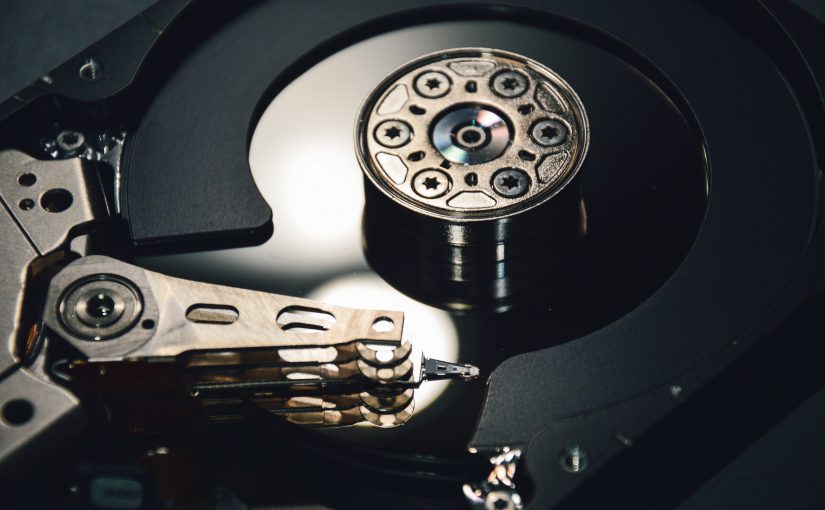We have worked with business owners and senior management of organizations with less that 200 staff for over 20 years.
We continually see the same recurring issues when it comes to IT management in SMEs.
One of issue that we find quite disturbing is the cavalier attitude so many small business owners take with regard to the security of their IT assets.
This is especially significant with regard to security of their own data and even more critically the security of their clients’ data that is held on their systems.
A recent survey quoted a senior manager in a professional services firm as saying:
“At the moment internally we don’t really have much [internal] security. Our systems are open; Just about everyone in the office can actually look at anything in the system.”
The issues
- Threats to IT information assets come from many sources – malware, hardware failure, hacking, employee mistake and deliberate sabotage. How do you know that you are protected?
- How do you ensure that you have current and continual protection across all fronts to ensure your data is not lost or compromised?
- How do you ensure that organisational information assets are NOT stored on only one key staff member’s laptop, but are stored centrally for all users to access, AND properly backed up and recoverable?
Critical Questions
- How long can your business survive without key data?
Imagine losing important customer files and trying to explain to your clients how this happened. If your immediate response to this question is to say: “But we back up our data regularly!” – sure you may have a back up strategy but do you regularly test your strategy to ensure that you are 100% sure you are able to recover your data in the event of a major disaster or loss? [Statistics show that 60% of backups are incomplete, and 50% of restores failed.]
- How do you protect your commercially sensitive data?
- How do you protect client data held on your computers?
- What level of security assessment do you undertake on any third-party you bring into your company to undertake IT support and maintenance?
You do realise that every third party who has access to your IT systems potentially has access to all of your secrets?
The Business Impacts and Your Exposures
Unless you can answer each of these questions you and your business are at considerable, and potentially catastrophic, risk of business failure and expensive, damaging litigation.
The solution is a consistent, holistic strategy and implementation to protect your business across all of these areas.
If you are unclear about this and what it means for your business, please get in touch. Since inception in 1996, PASR Technologies has been providing SME business owners with a level of service and support to the SME business owner that is typically only directly available in very large organisations.
Servicing businesses from 10 to up to 200 employees, our clients range from local SMEs through to regional offices of larger MNCs, and include airlines.
At PASR Technologies, we solve your IT problems before you even realize you have one!






